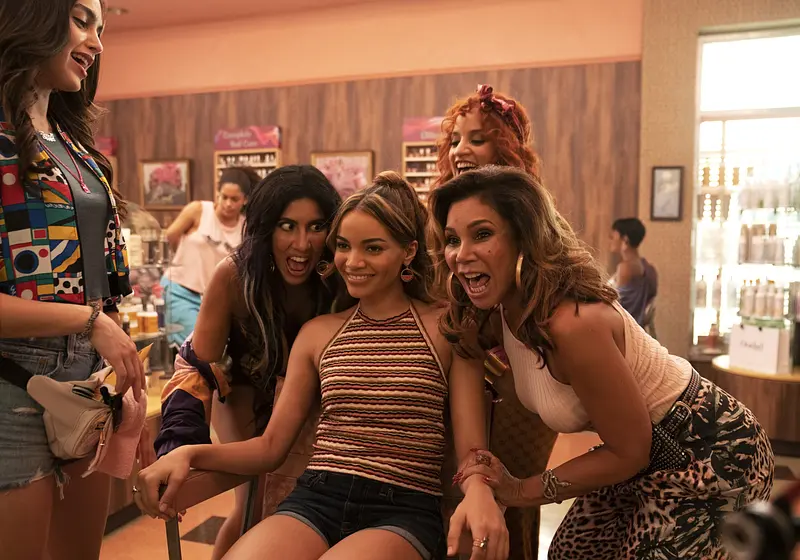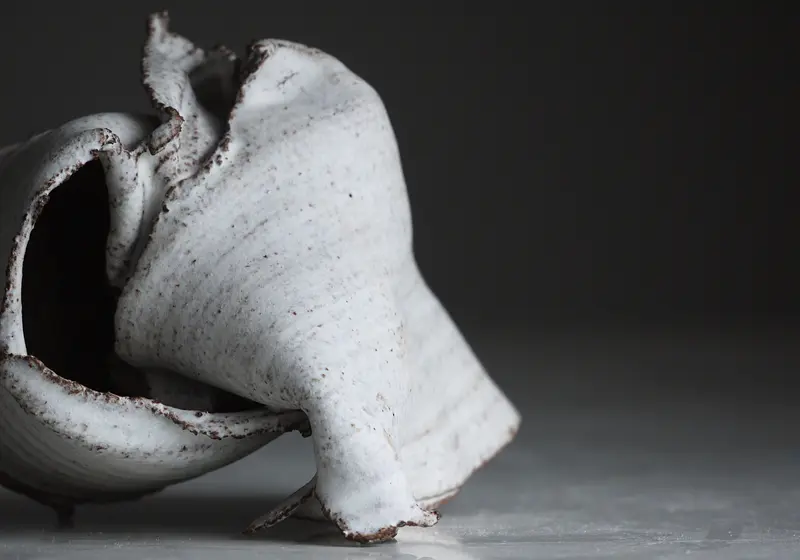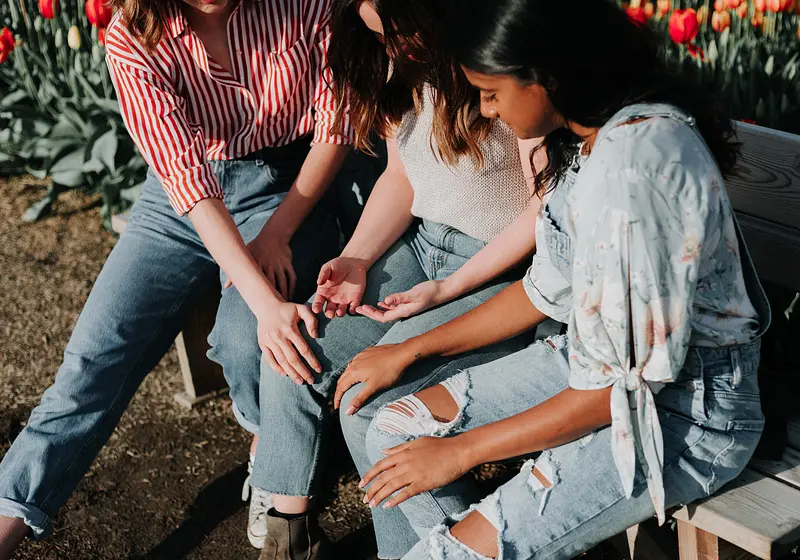A few days ago, I had a terrifying thought: none of my actions will ever make a difference in the world, and then I’ll die.
Yes, I could see how that could be a relatively dramatic statement, although in my defense, it came at a moment of weakness. For one, I was in a bit of an argument with a professor over a paper she wouldn’t grade because I had turned it in as a PDF and not a Word document (she still hasn’t responded to my last email); secondly, I was feeling immensely bitter about my social life, that is, my lack of a social life, having moved from Cuba only a few months ago, mid-pandemic, and being in a self-education program that allows me to meet about zero people a day; and lastly, I, just like the rest of the country, was waiting anxiously for the announcement on which the next four years of our lives depend.
Powerlessness pursues me every which way, and yet I fear it like the sun fears the ocean. For me, it’s tragic to think how little is really in our reach, and sometimes I just can’t handle not being able to control the incontrollable. I hate not being able to snap my fingers to make sexism or racism or homophobia disappear from the face of the universe.
I hate not being able to call up the government in Xinjiang, China to tell them to stop taking Muslims away from their lives to send them to what is essentially a concentration camp where they’re harmed for what they believe in. I hate that little children have to suffer, I hate that we make nature cry. I hate that I can’t make people understand that no, I’m not Cuban or American, but rather, a cryptic third nationality that has more to do with feeling than with place.
I hate that I can’t fix every fight I have with my mom instantly, or that I can’t be a jazz pianist and a physicist and a writer in one lifetime, or that I can’t even figure out how to open the mailbox on the street — where in the world is the opening? Call it a biological thing, or a Sagittarius thing, if you will — but powerlessness is my mammoth fear.
I’m not the only person who suffers from this. Everybody submits to impotence at some point. And the pandemic makes it all worse, because now, it’s a thousand times easier to see how helpless we really are.
We can’t control when we get to go back to school or work, when we get to see our friends and family without wearing a mask. We can’t explore the world, we can’t try new tastes. We can’t go out like we did before, to parties and museums and restaurants, but rather, we have to stay home and watch from our rooms as the sun and moon play the same game, day and night.
And let’s be real for a moment. People always talk about being the change you wish to see in the world, but sadly, not everybody is the next Malala or Greta Thunberg. If that was the case, the world would be an entirely different place, and not exactly in a good way.
Sometimes, wanting a change isn’t enough — you need to know how to make a plan, you need voices to back you up, and you need fluency of persuasion. We’re all here for a distinct purpose, and so we can’t all be the one to take initiative. In this context, feeling powerless makes complete sense.
But there has to be a way to combat the utter helplessness that comes hand in hand with desire. And I’m not entirely sure I know how to respond to this dilemma.
Maybe it’s about figuring out how much you really want something to happen. Is it a temporary whim, or a long-term complication? Powerlessness doesn’t always come from the outside; sometimes, the real limitation is insufficient desire.
This has actually helped me with accepting my SAT score, for example. Even though I’d been studying for months, after a while my score just stopped improving (it actually begun getting worse), and for me, the best thing to do at that point was reflect on how much my soul really wants and needs a perfect grade on the SAT to live on.
Maybe it’s about searching for the power you do have and learning to manipulate it. I’m far from an expert in this tactic, but it’s nice to remember that I don’t need somebody else to write about male chauvinism when I can do it myself, or that I can be the one to start the recycling center in my building, or even that I can just call the economics teacher when nobody understands the homework, rather than waiting around until something miraculous happens.
Maybe it’s about coming to terms with your unconditional powerlessness. As difficult as this can be, sometimes it’s the ideal solution. With the recent pandemic, I have had to turn to this approach; being locked at home in a new country (well, new old country, since I’ve lived in the US before) with no way to meet friends or boyfriends, contact professors with questions (that’s what happens when your self-education program is based in Spain), or explore the city in depth, I have no choice but to accept reality and wait.
The virus, the quarantine, these elements are beyond us, and for me, at least, that means that the universe is writing me something on the back of my hand. No, my social life has been completely taken away, and that’s hard because it’s easy to lose sight of who you are when you have nobody to reflect yourself on, but in exchange, the universe has given me something else: now, I have more time to write, to explore new characters and settings, to exercise my tone, style, and voice.
So in the end, powerlessness is something we have to protect. After all, if we could control everything, what would happen to coexistence? What would happen to volition? What would happen to desire?















